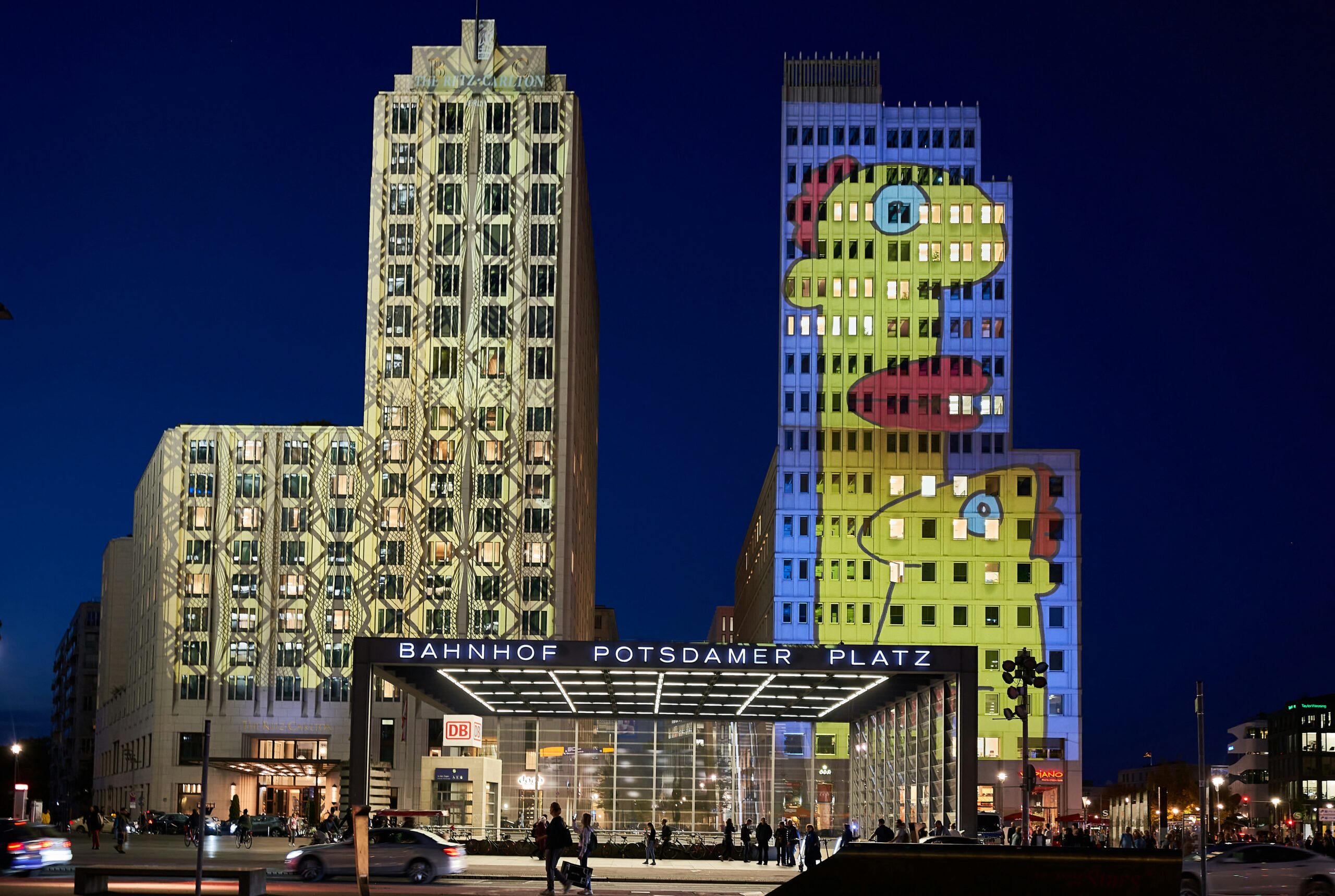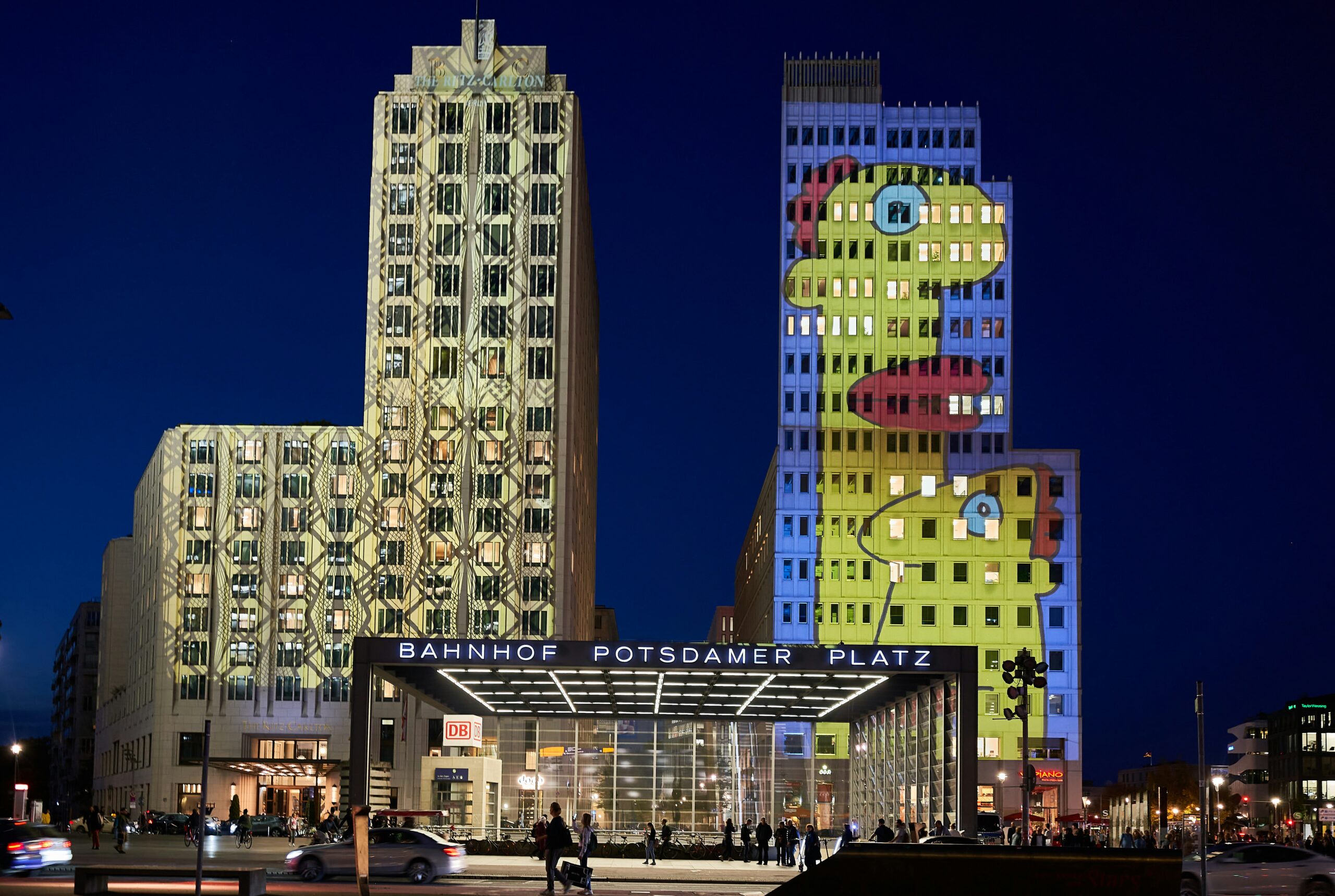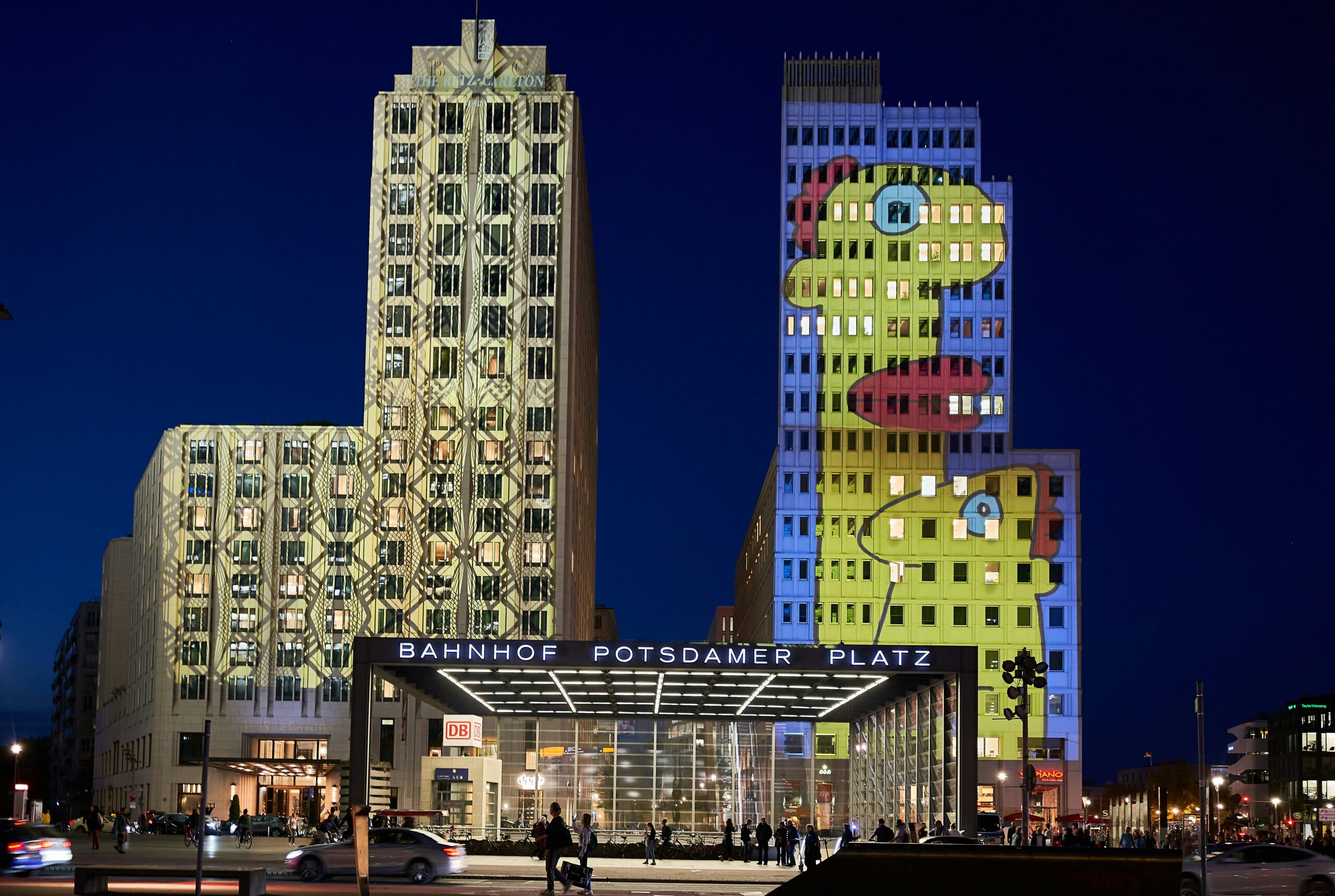
Exploring German Cultural Insights: Traditions, Cuisine, Music, Architecture, Philosophy, and More
Germany, located in the heart of Europe, is a country rich in history, culture, and diversity. From its picturesque landscapes to its vibrant cities, Germany offers a wide range of experiences for visitors and locals alike. In this blog post, we will explore some of the key aspects of German culture, including traditions, cuisine, music, architecture, philosophy, and more.
Traditions
German traditions are deeply rooted in the country’s history and are still celebrated today. One of the most well-known traditions is Oktoberfest, a world-famous beer festival held annually in Munich. During this two-week event, visitors from around the globe come together to enjoy traditional German beer, food, and music. Another popular tradition is the Christmas market, where locals and tourists gather to shop for handcrafted gifts, indulge in festive treats, and enjoy the magical atmosphere.
Germany also has a strong tradition of celebrating regional festivals, such as the Carnival in Cologne and the Wine Festival in Stuttgart. These events showcase the unique customs and traditions of each region, allowing visitors to immerse themselves in the local culture.
Cuisine
German cuisine is diverse and hearty, with a wide range of dishes to satisfy every palate. One of the most iconic German foods is sauerkraut, fermented cabbage that is often served as a side dish. Another popular dish is bratwurst, a type of sausage that is typically grilled or fried and enjoyed with mustard and sauerkraut. Pretzels, potato pancakes, and schnitzel are also staples of German cuisine.
Germany is also famous for its beer, and the country has a long history of brewing. From light and refreshing pilsners to rich and malty bocks, German beer has a wide range of flavors to suit every taste. In addition to beer, Germany is known for its excellent wines, particularly Riesling and Pinot Noir.
Music
Music has always played an important role in German culture, and Germany is known for its rich musical heritage. Classical music lovers will be familiar with the works of famous German composers such as Ludwig van Beethoven, Johann Sebastian Bach, and Richard Wagner. The country is also home to world-renowned orchestras, opera houses, and music festivals.
In addition to classical music, Germany has made significant contributions to the world of popular music. From the electronic beats of Kraftwerk to the rock anthems of Rammstein, German musicians have left their mark on the global music scene. Germany is also known for its vibrant club culture, with cities like Berlin and Hamburg attracting DJs and music lovers from around the world.
Architecture
German architecture is a blend of different styles and periods, reflecting the country’s complex history. From medieval castles and Gothic cathedrals to modernist buildings and contemporary designs, Germany offers a diverse range of architectural wonders.
One of the most famous examples of German architecture is the Cologne Cathedral, a stunning Gothic masterpiece that took over six centuries to complete. The Brandenburg Gate in Berlin, a symbol of German unity, is another iconic landmark. Visitors to Germany can also explore the historic old towns of cities like Rothenburg ob der Tauber and Heidelberg, where charming half-timbered houses line the streets.
Philosophy
Germany has a long and influential tradition of philosophy, with many of the world’s most renowned philosophers hailing from the country. Thinkers such as Immanuel Kant, Friedrich Nietzsche, and Martin Heidegger have shaped the course of Western philosophy with their profound insights and theories.
German philosophy is known for its depth and complexity, tackling fundamental questions about the nature of existence, ethics, and the human condition. The works of German philosophers continue to be studied and debated in academic circles around the world, making a lasting impact on the field of philosophy.
Conclusion
Exploring German culture is a fascinating journey that reveals the country’s rich traditions, diverse cuisine, vibrant music scene, impressive architecture, and profound philosophical contributions. Whether you are savoring a bratwurst at a local market, attending a classical concert in a historic opera house, or pondering the existential questions posed by German philosophers, Germany offers a wealth of cultural insights to discover and appreciate.
So, why not embark on your own exploration of German culture and immerse yourself in the traditions, cuisine, music, architecture, philosophy, and more that this captivating country has to offer?







